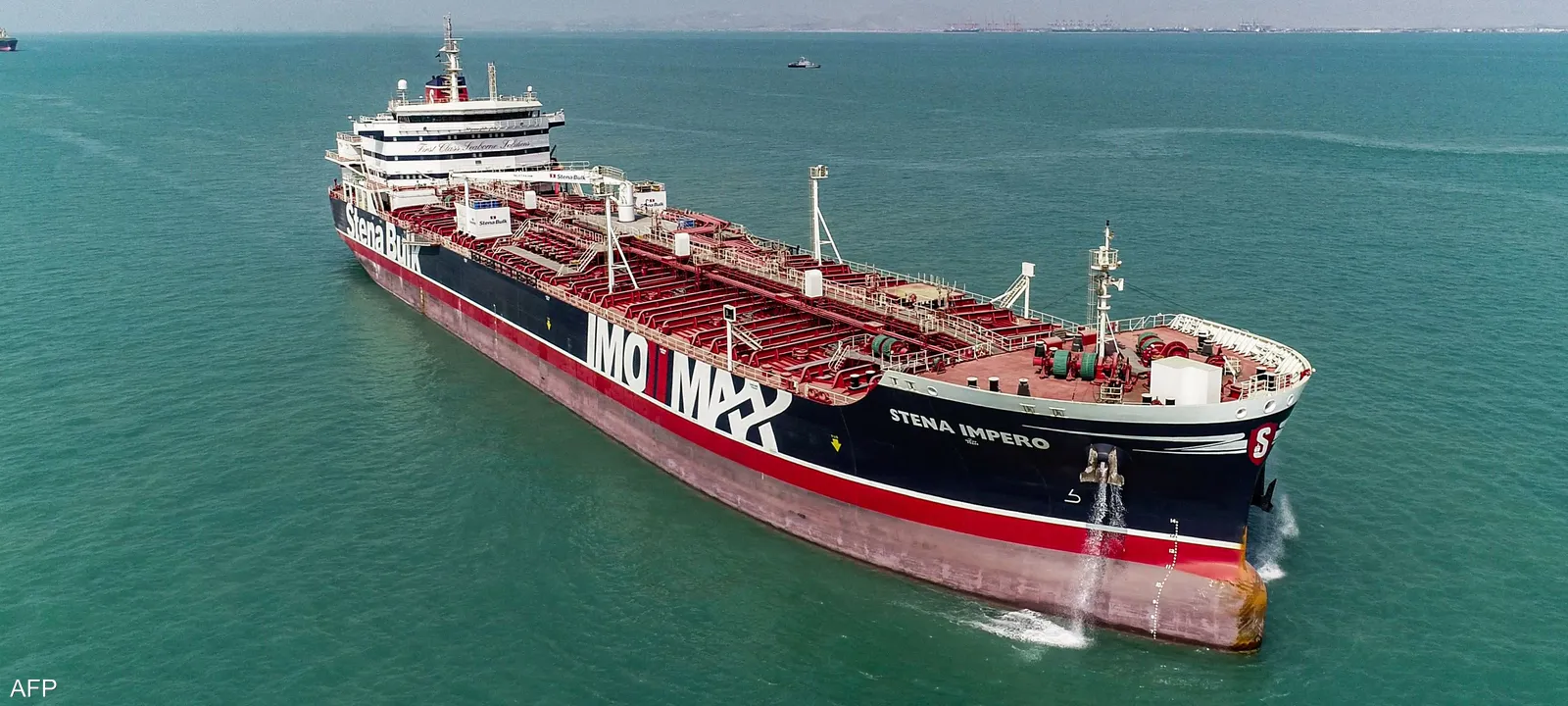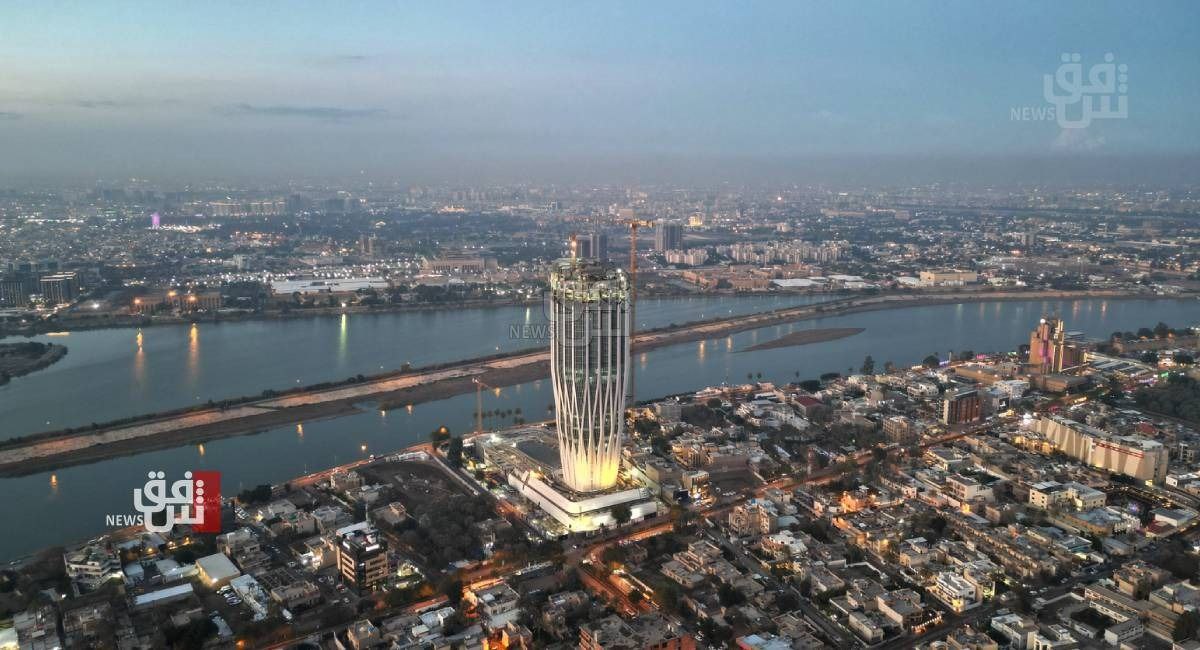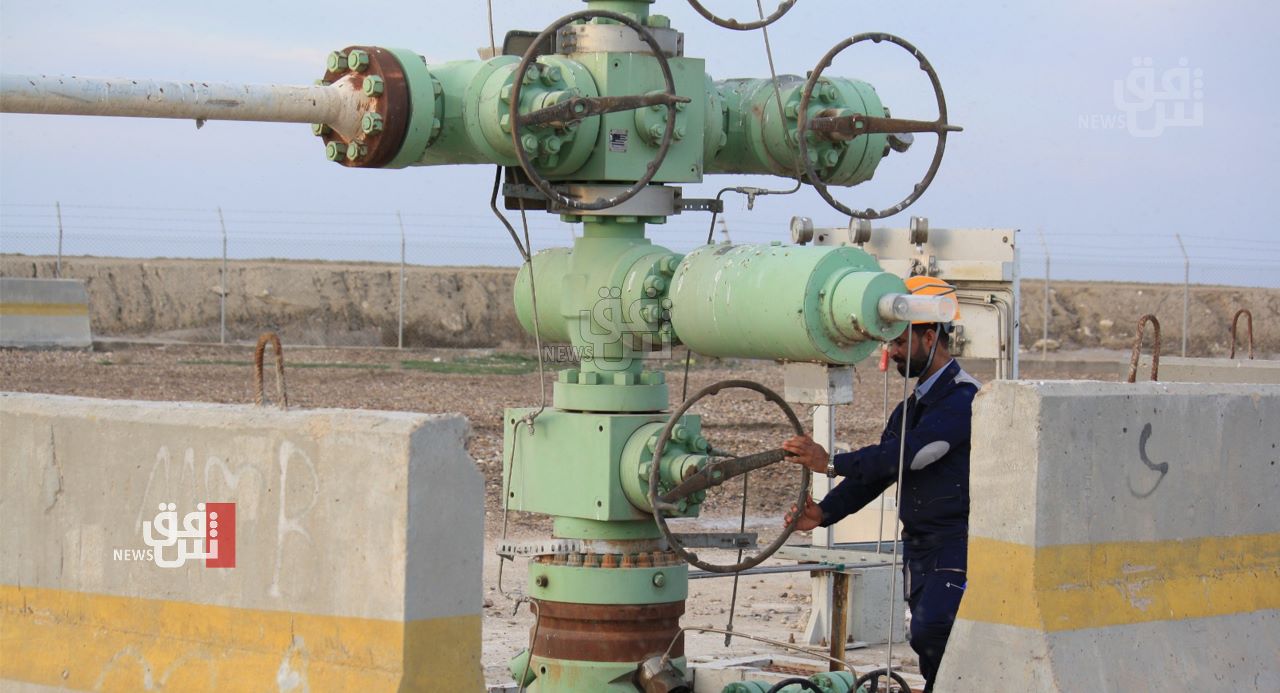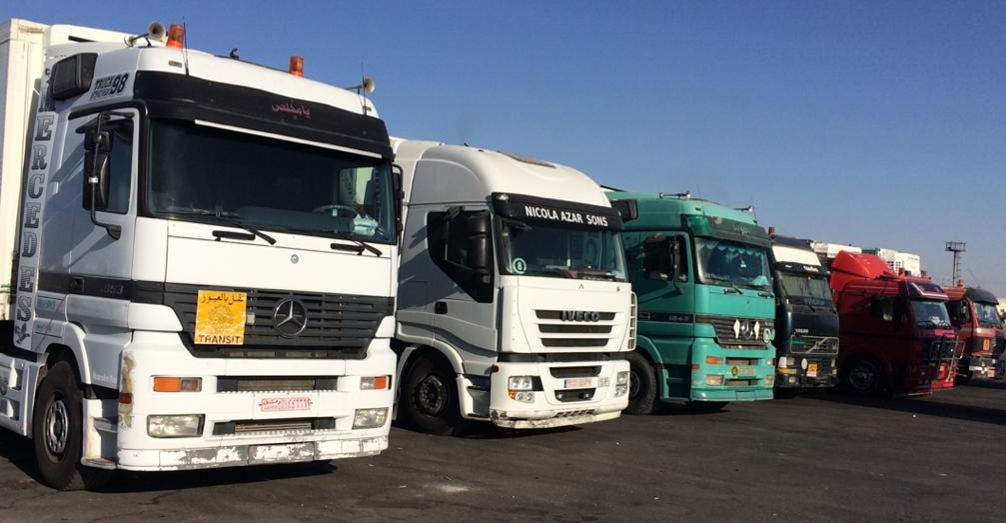Red Sea disruptions cause oil shortages in European tanks

Shafaq News / Traders, analysts, and data from the London Stock Exchange revealed that the Brent crude oil market and some oil markets in Europe and Africa are experiencing shortages, partly due to delays in shipments caused by some cargo ships avoiding the Red Sea.
The disruption coincided with other factors, including production interruptions and increased demand in China, leading to intensified competition for crude supplies that do not require crossing the Suez Canal. Analysts suggest that the crisis has become evident in European markets.
As a sign of supply shortages, the market structure of Brent crude futures reached its highest level in two months on Friday, as vessels steered clear of the Red Sea after airstrikes by the United States and Britain on targets in Yemen.
Victor Katona, Chief Analyst of Crude Oil Markets at Kpler, stated, "Brent crude futures are the most affected by disruptions in the Red Sea and the Suez Canal," according to Reuters. "Therefore, European refining companies are the ones suffering the most in actual markets."
Furthermore, the quantities of crude oil heading from the Middle East to Europe have declined. Kpler data shows that the volume of crude heading to Europe from the Middle East dropped to nearly half, recording around 570,000 barrels per day in December from 1.07 million barrels per day in October.
One trader mentioned, "Red Sea problems are causing delays, so refining companies need to cover their needs from local markets." Another added, "The market is suffering from a shortage due to the loss of Gulf supplies."
Moreover, other developments have also led to supply shortages in Europe, such as a reduction in Libyan supplies due to protests, the first disruption of its kind in months.
Additionally, Nigerian Crude supplies decreased as the country began operating the Dangote refinery, which acquired some shipments. A trader noted that Angolan crude, which also heads to Europe without needing to pass through the Suez Canal, is experiencing increased demand from China and India due to issues related to Iranian and Russian crude.
Chinese oil trade with Iran stumbled due to Tehran's suspension of shipments and its demand for higher prices. Meanwhile, India's imports of Russian crude decreased due to currency challenges, although India states that the decline is due to unattractive prices.







